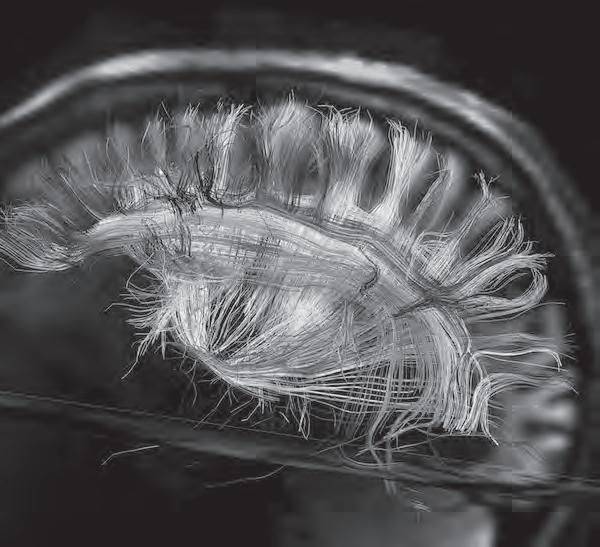
2 minute read
About the Sponsors
The Center for Bioethics at Harvard Medical School
The Center for Bioethics brings together the rich intellectual resources of Harvard Medical School (HMS)—the largest biomedical research community in the world—including sixteen affiliated hospitals and research institutions; the expertise of more than twelve thousand HMS faculty members, physicians, and research scientists; and partnerships across Harvard University’s schools and academic departments.
Advertisement
Based in Boston, a global epicenter of biomedical research and innovation, the Center’s resources are designed to integrate ethics, scientific discovery, and clinical care more closely than ever before.
Professionals from around the world participate in the Center’s many programs, including a master of bioethics degree program, fellowship in bioethics, and professional and public education conferences and lectureships that address health care and social justice issues at the intersection of bioethics, law, and public policy. For more information, see
bioethics.hms. harvard.edu.
The Petrie-Flom Center at Harvard Law School
The Petrie-Flom Center for Health Law Policy, Biotechnology, and Bioethics is a leading research program dedicated to the unbiased legal and ethical analysis of pressing questions facing health policymakers, medical professionals, patients, families, and others who influence and are influenced by the health care system.
The Petrie-Flom Center hosts public events and conferences, publishes the Bill of Health blog (http://blogs.harvard.edu/billofhealth), co-edits the Journal of Law and Biosciences, runs various fellowship programs, conducts sponsored research, hosts collaborations and produces independent scholarship on a range of topics under the umbrellas of health law policy, biotechnology, and bioethics. For more information, see petrieflom.law.harvard.edu.
The Hastings Center
The Hastings Center addresses fundamental ethical and social issues in health care, science, and technology. Through our scholars’ writing and speaking, and through the work of the many other people who participate in our projects or submit articles to our publications, we shape ideas that influence key opinion leaders, including health policy-makers, regulators, lawyers, legislators, and judges. Our analyses also deeply influence professional practice: from end-of-life care to psychiatric practice to immigrant health care, we have helped to shape the standards of practice adopted by physicians, nurses, and lawyers. Founded in 1969 by philosopher Daniel Callahan and psychoanalyst Willard Gaylin, The Hastings Center is the oldest independent, nonpartisan, interdisciplinary research institute of its kind in the world. For more information, see
thehastingscenter.org.
Public Forum Site Sponsor: MCPHS University
Founded in 1823 as the second-oldest pharmacy college in the U.S. and now a state-of-the-art university for health sciences, MCPHS University (formerly known as Massachusetts College of Pharmacy and Health Sciences) is focused on shaping healthcare and bettering the field one generation at a time. Our flagship campus is located in the heart of Boston’s Longwood Medical and Academic Area, a world-class center for healthcare innovation. With additional campuses in Worcester and Manchester, NH, MCPHS enrolls more than 7,000 students in more than 100 graduate, professional, and undergraduate health sciences programs. In addition to physical campuses, MCPHS offers online degree programs designed to empower healthcare professionals to balance career advancement with the rest of their busy lives. For more information, see mcphs.edu.
ur primary purpose is to define irreversible coma as a new criterion for death. —A Definition of Irreversible Coma: Report of the Ad Hoc Committee of the Harvard Medical School to Examine the Definition of Brain Death, Journal of the American Medical Association (1968).




